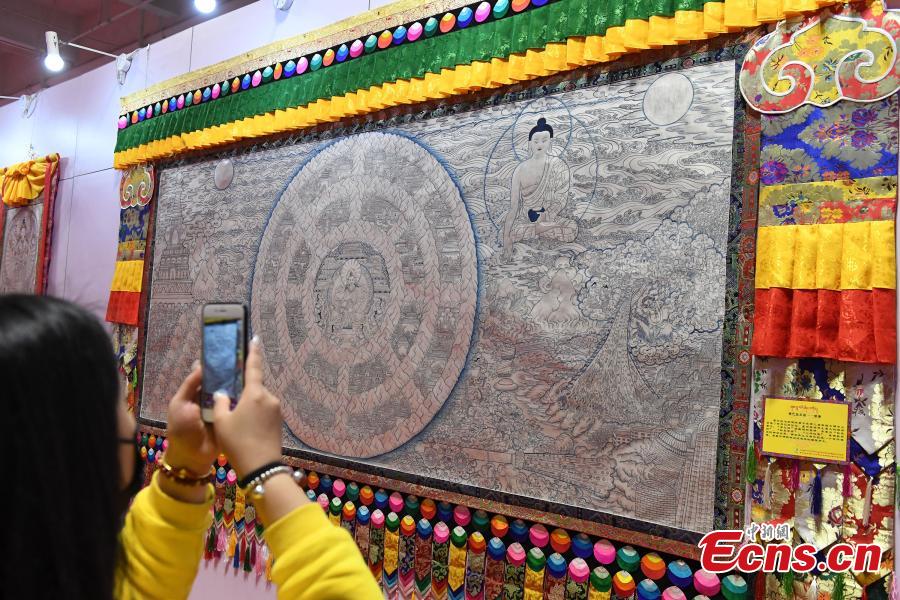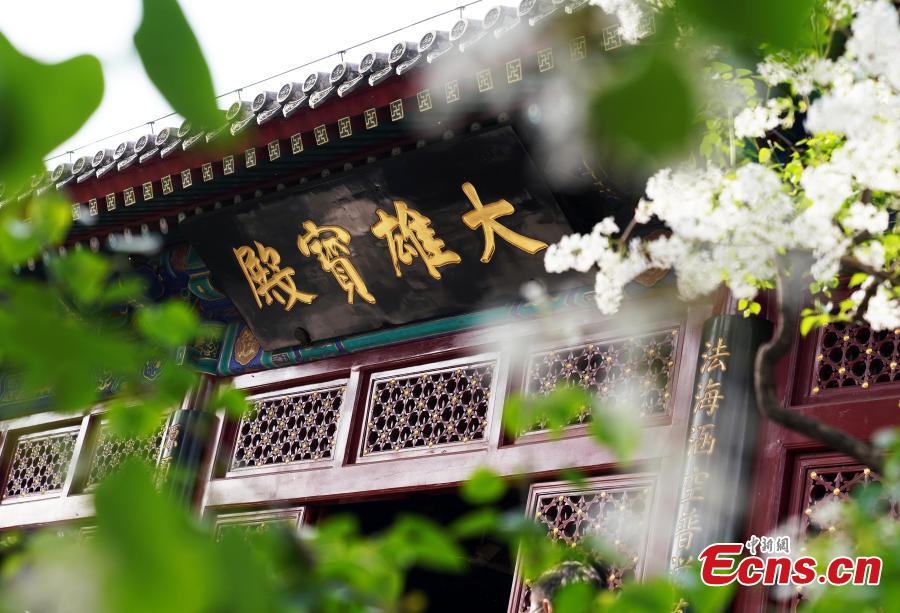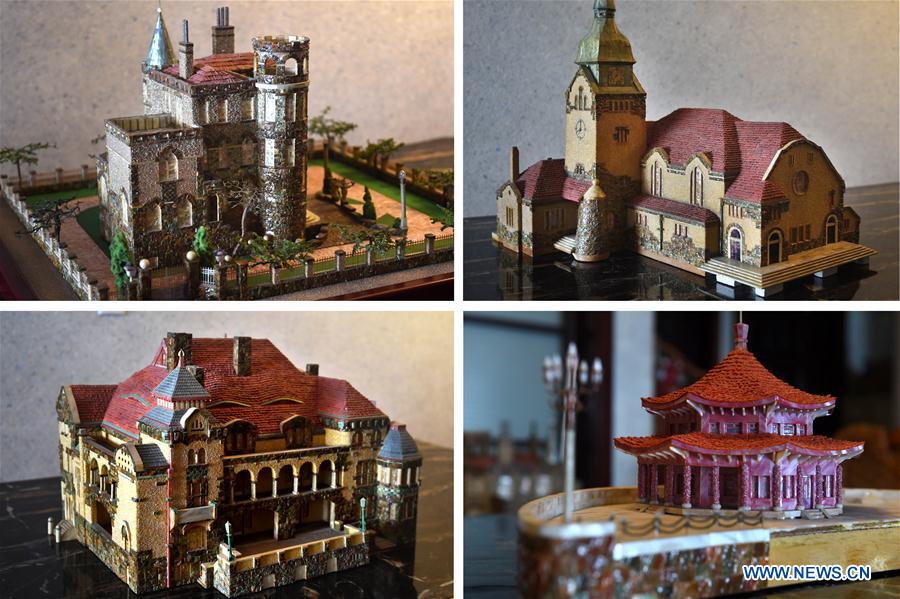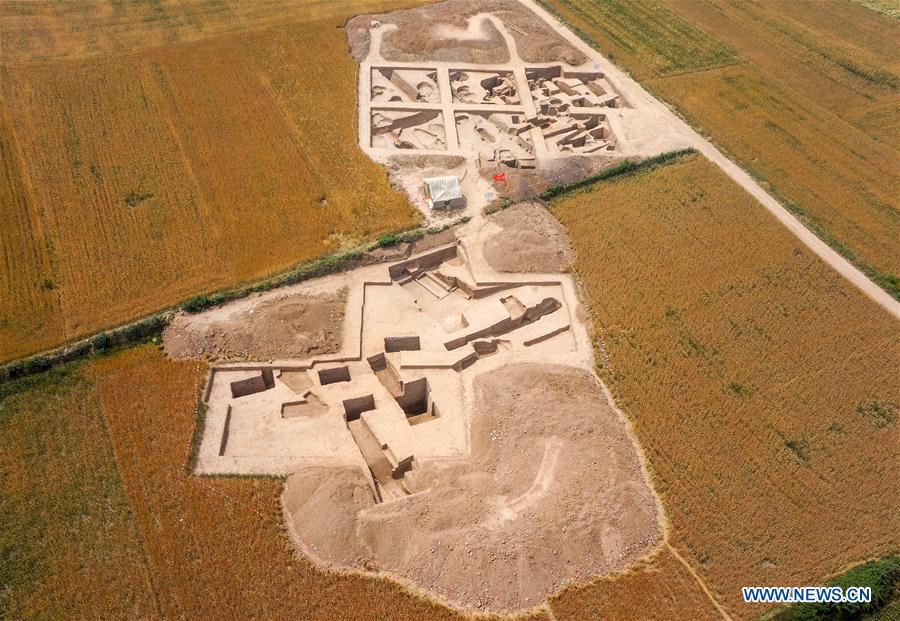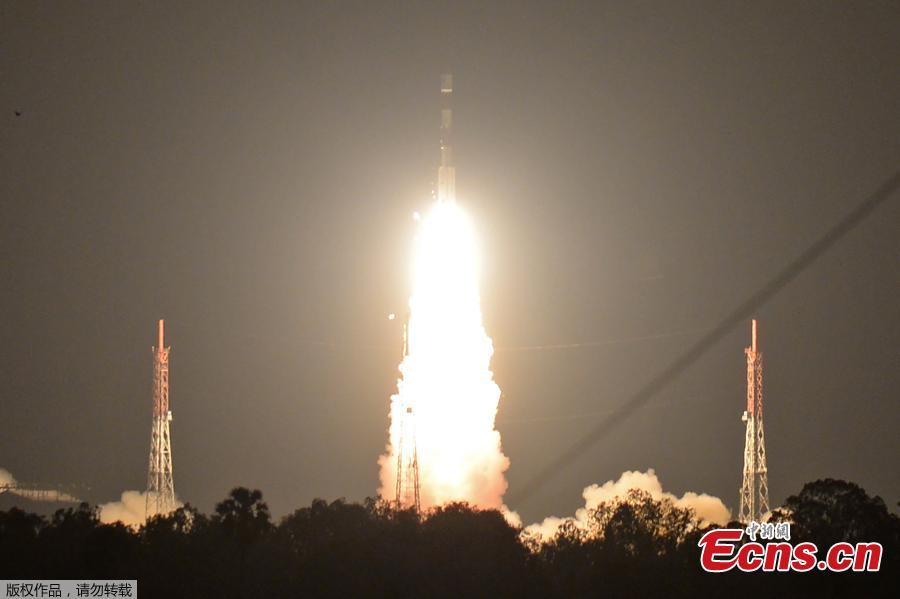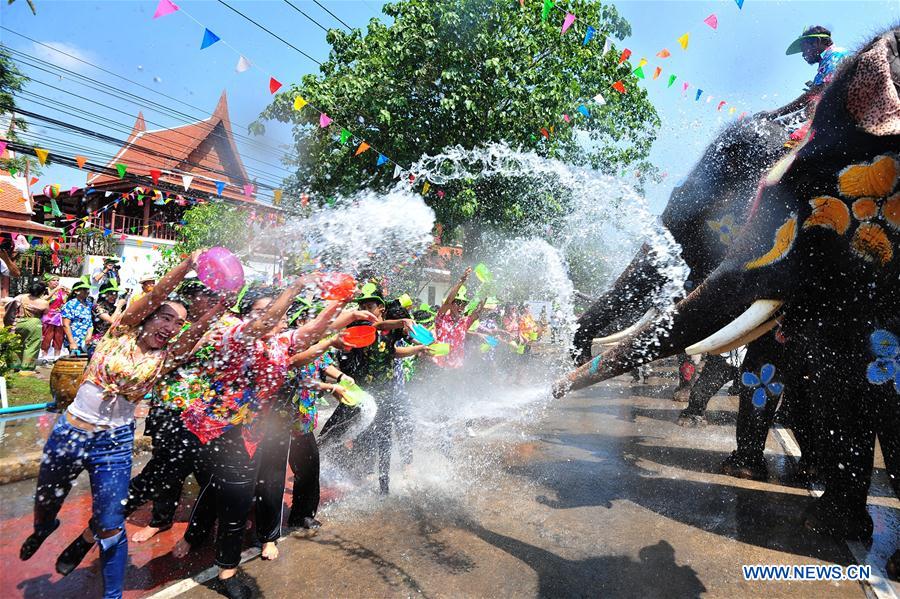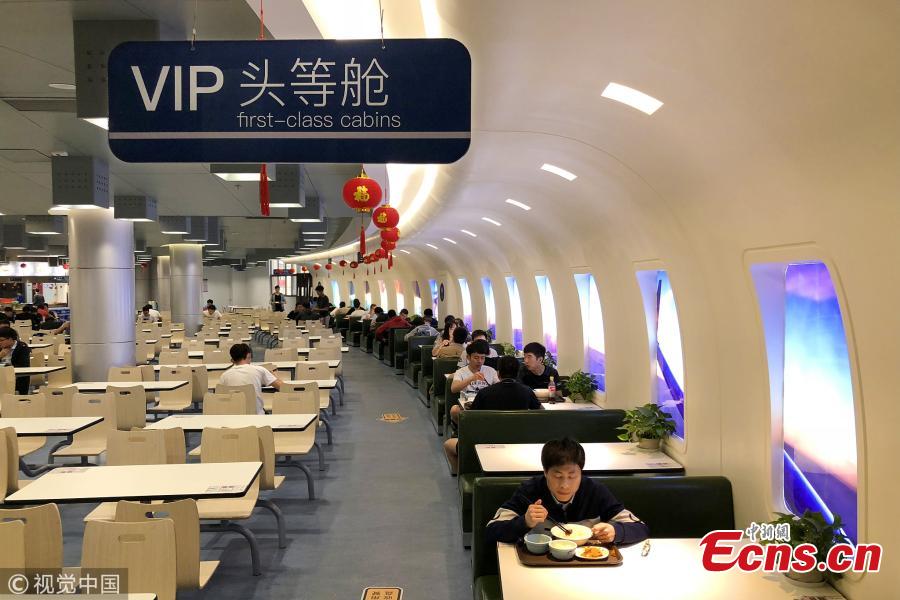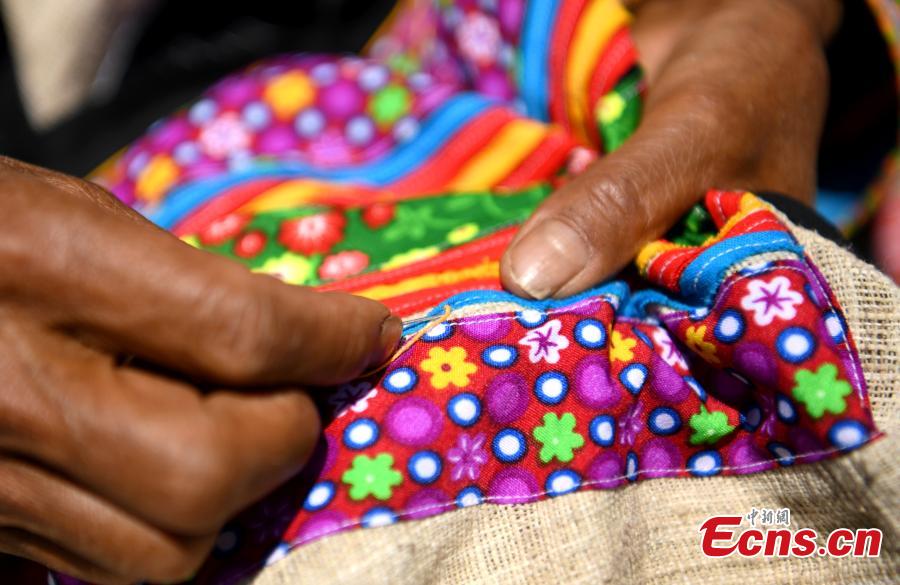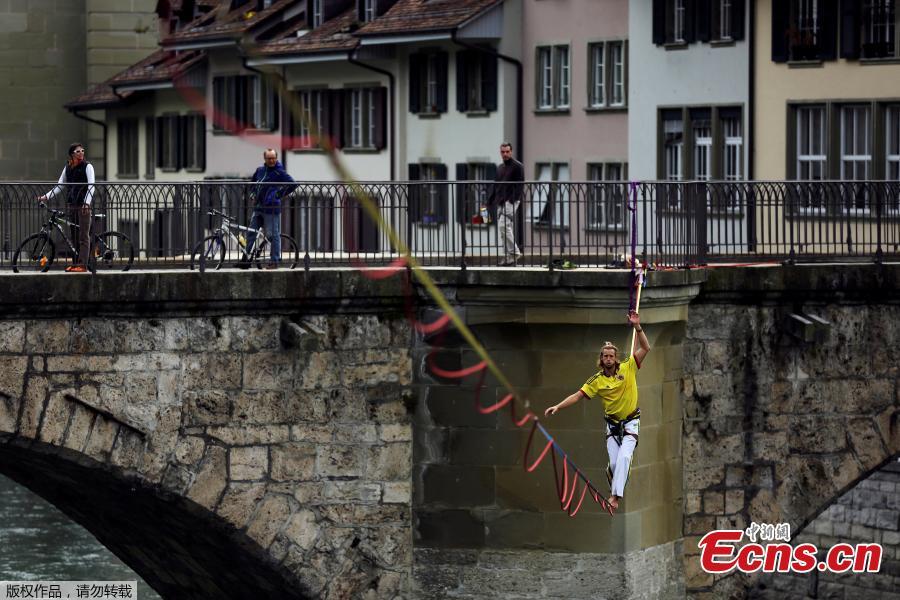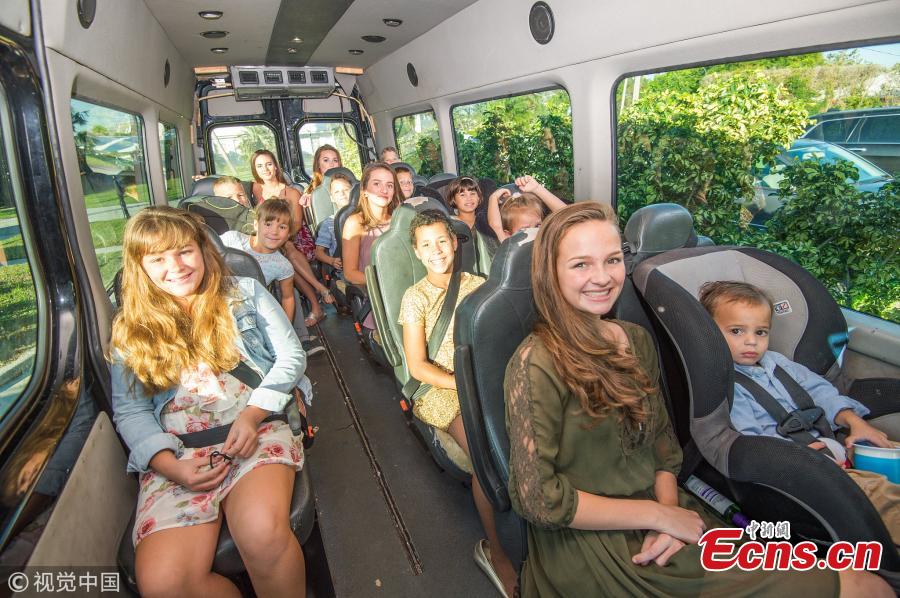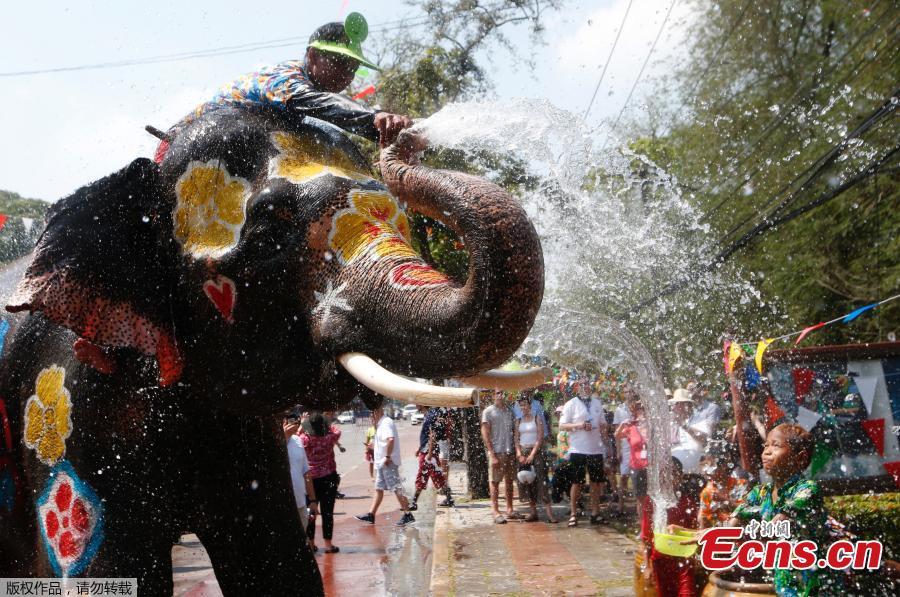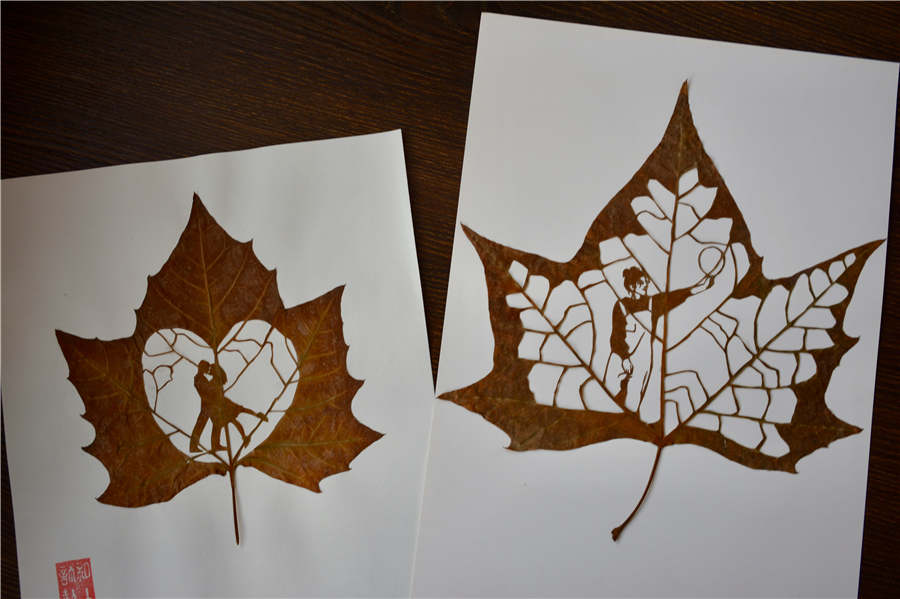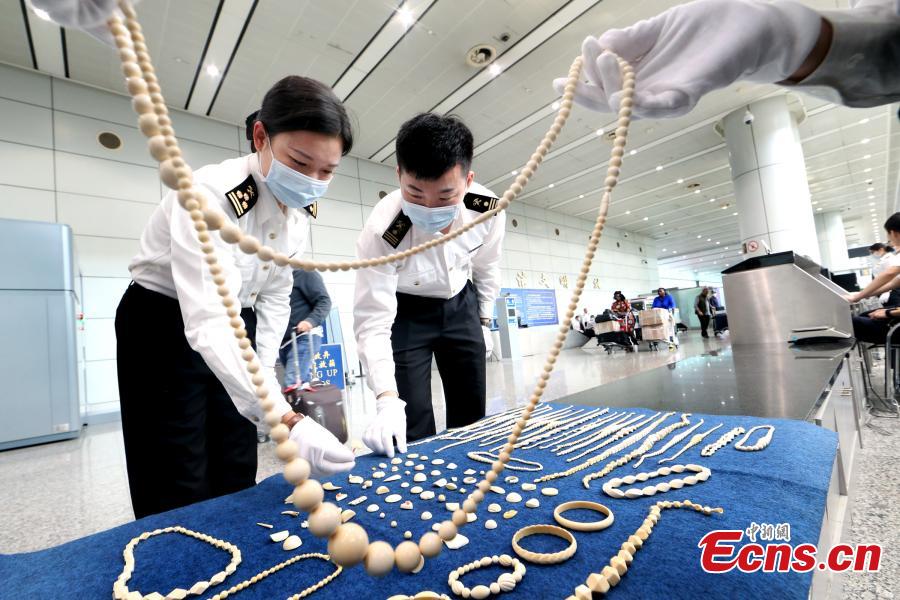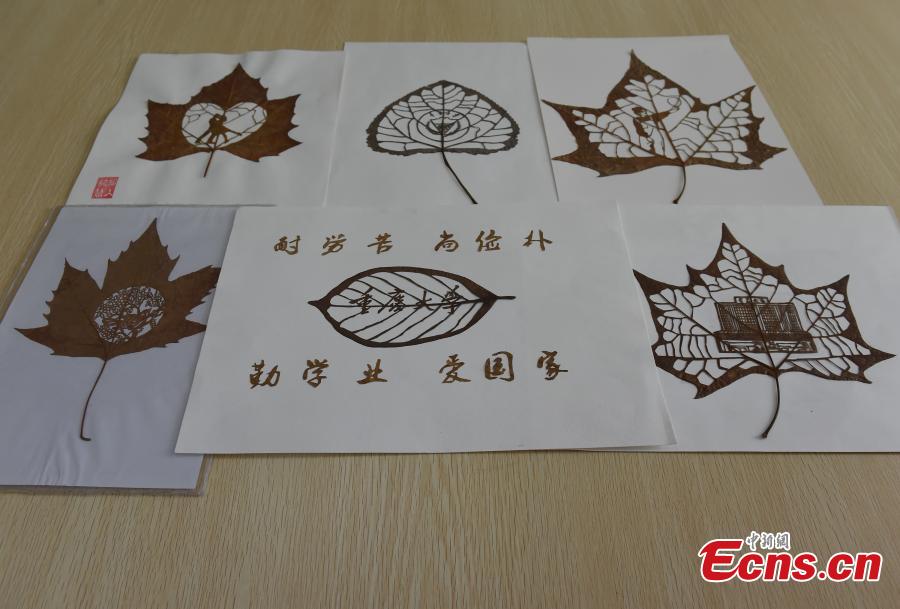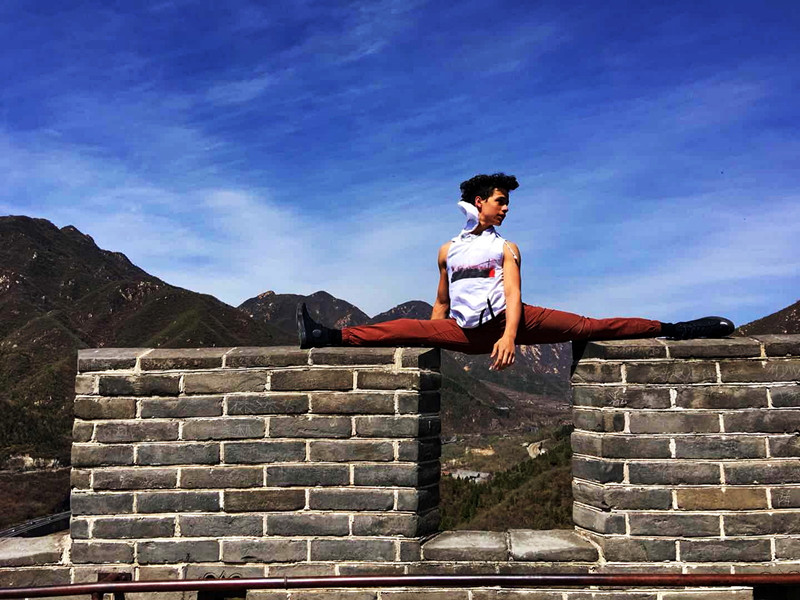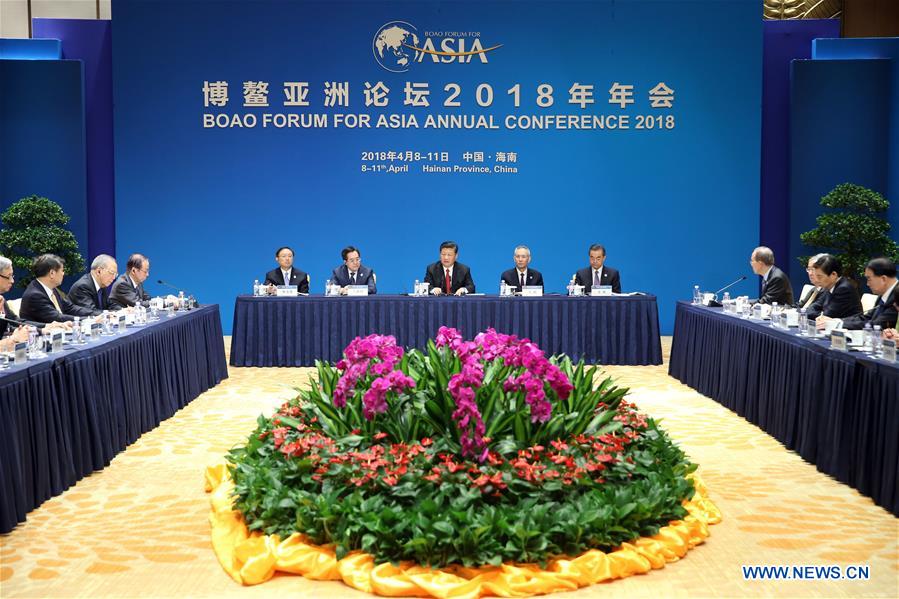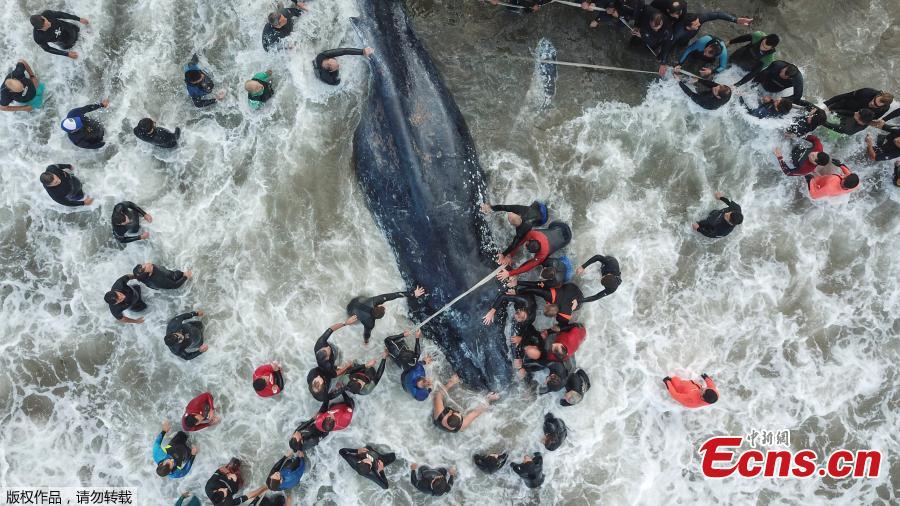China doesn't encourage individuals to retrieve stolen relics: official
○ Grass-roots efforts are helping hunt down lost and stolen Chinese relics overseas
○ By purchasing such items with their own money or even through lawsuits, Chinese people around the world are bringing lost antiques home
○ The return of looted treasures has been praised by State media and seen as a symbol of rising national power
An extremely rare Chinese bronze vessel that was allegedly looted from Beijing's Old Summer Palace, or Yuanmingyuan, by a British officer in 1860 during the Second Opium War (1856-60) was sold on April 11 for 410,000 pounds ($582,446) at the Canterbury Auction Galleries in Kent, a southeast town in the UK.
The bronze, known as Tiger Ying, is an ancient wine vessel dating back to the Western Zhou Dynasty (1027-771 BC). According to the auction house, the name comes from the unique tiger decorations on its lid and spout. Only nine similar vessels are known to exist.
Prior to the auction, China's State Administration of Cultural Heritage slammed the auction house for the sale and asked it to respect the cultural rights and feelings of the Chinese people, demanding the auction and related promotional activities be canceled.
Such news aroused anger from the Chinese public as well. Individuals and grass-roots social groups are becoming more aware and passionate about retrieving lost Chinese artifacts, many of which were looted from China during past invasions and wars.
According to statistics from the China Cultural Relics Academy, since the first Opium War in 1840, more than 10 million Chinese cultural relics were lost to Europe, U.S., Japan and Southeast Asia.
Pooling resources
There are different ways of bringing relics that were lost overseas back home to China. UNESCO conventions, bilateral agreements between countries and diplomatic talks are among the strategies. Grass-roots efforts, however, rely on commercial purchases.
Though based in the U.S., Zhao Sihong, author of a book about Chinese immigrants to the U.S. and also the secretary-general of Chinese-American Collectors Association, is an experienced collector of lost Chinese artifacts.
In 1998, with the encouragement of Anna Chan Chennault, the late widow of Flying Tiger's general, Zhao established a dedicated team of her book's readers who pooled their talents and resources to do charity work.
In 2005, Zhao read that China had established a fund to specifically recover lost relics overseas, which got her thinking that she could also do some work in this area.
"There are many relics lost overseas and it's painful, especially for us overseas Chinese, to see. We want them all returned home," she told the Global Times.
Her team consists of thousands of volunteers both in and outside the U.S. who are united in their efforts to find and recover lost Chinese relics. Some, for example, prowl overseas antique shops, then pool their money together to purchase their findings.
Over the past 12 years, Zhao and her team have collected over 5,000 artifacts, usually with their own money, which they then donate to museums or libraries back in China, such as the National Museum of China and the Museum of the War of Chinese People's Resistance Against Japanese Aggression.
Browsing antique shops
Zhao recalls a particularly meaningful artifact that her team recovered in 2016, the Collier's World Atlas and Gazetteer.
In July 2016, after the results of the South China Sea arbitration, Zhao's team went on a hunt for this lost book in San Francisco, searching through every used bookstore, antique shop and flea market in the area.
After just two days, a local collector called up Zhao saying he had found the lost map, which shows that the South China Sea islands belong to China. Zhao later purchased and donated the map to the Chinese foreign ministry.
Another prized recovery was a vinyl record of Sun Yat-sen's only audio speech. Zhao and her group found three sets of the record and donated them to three museums.
"There are so many relics and artifacts that were looted out of China. Selling and buying them at foreign auctions only encourages foreign forces," Zhao said. "Governments should place more emphasis on retrieving such stolen relics and returning them to China. Grass-roots efforts like ours can play a supporting role recovering items that were lost through collectors' channels."









